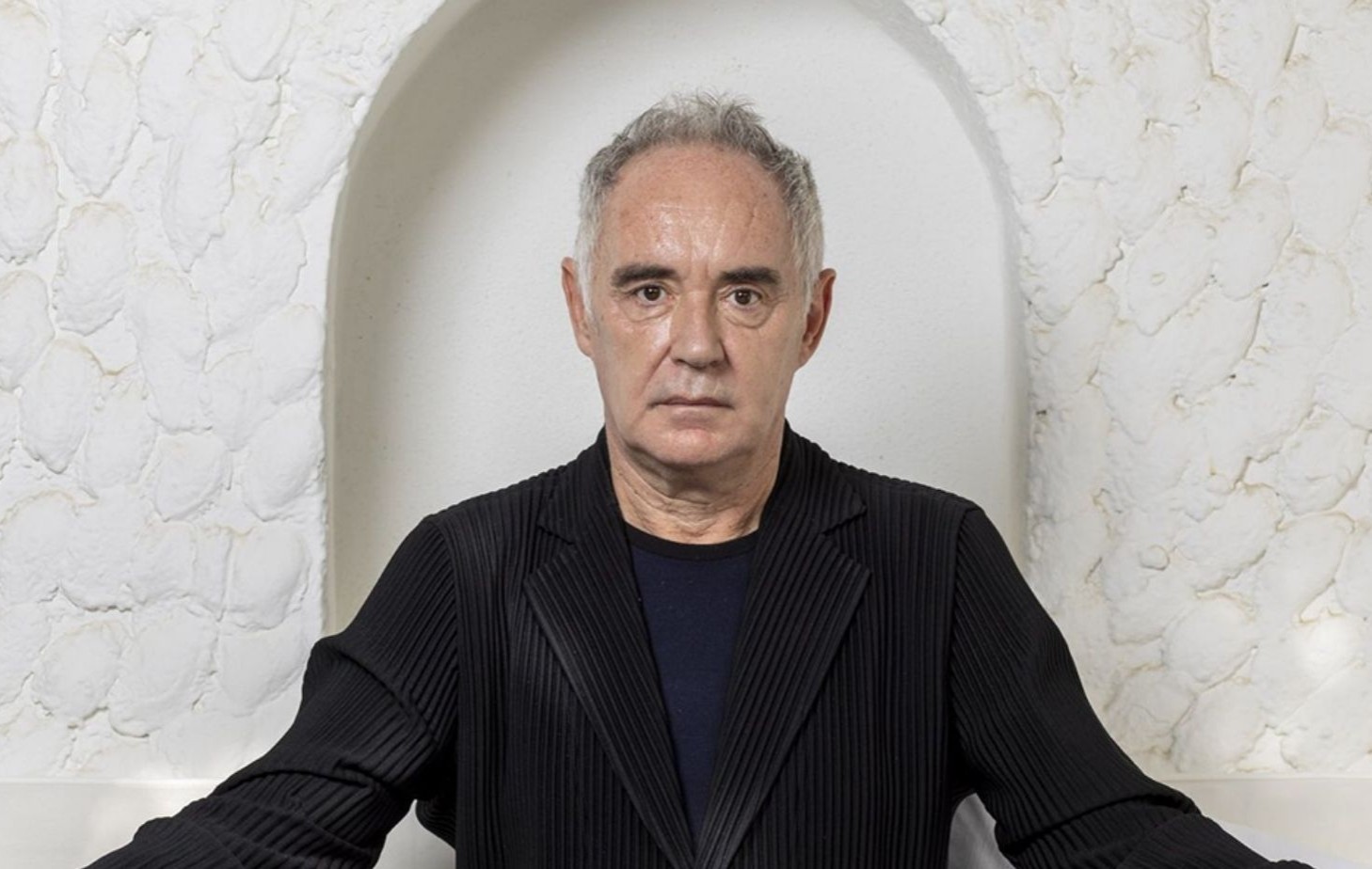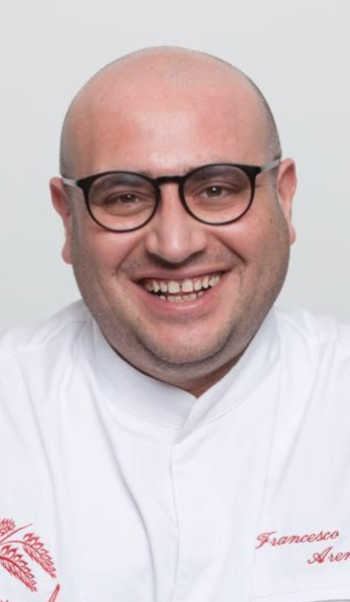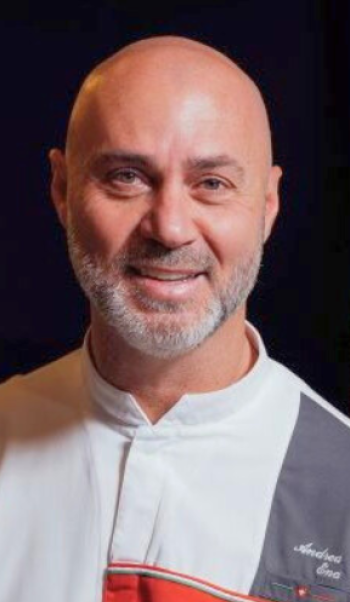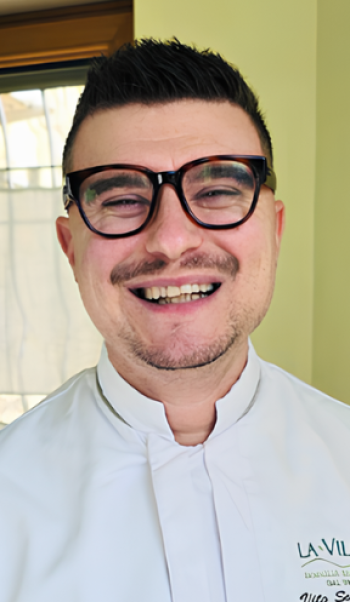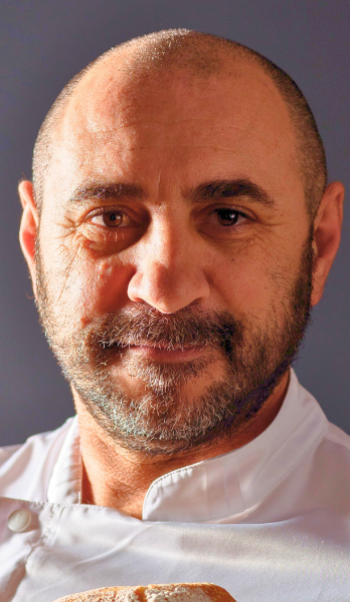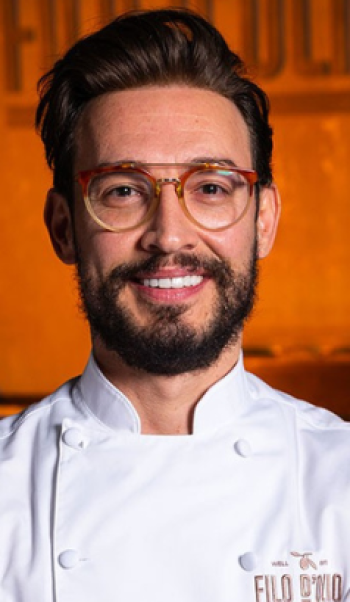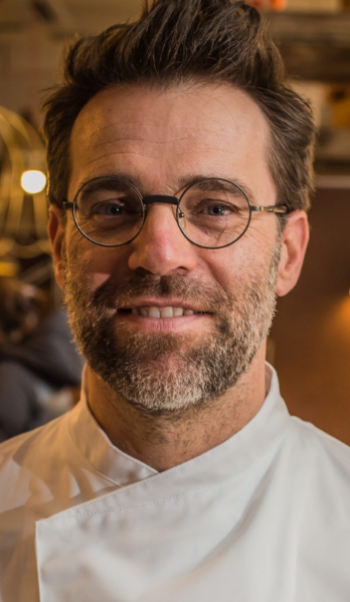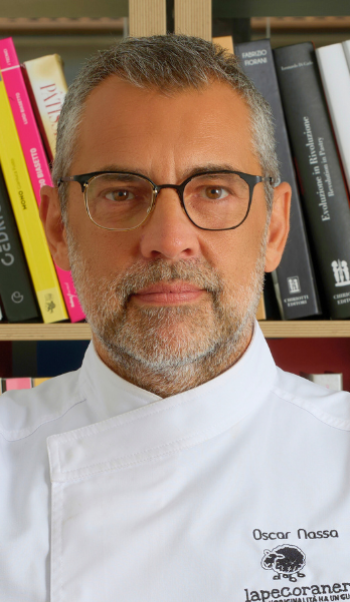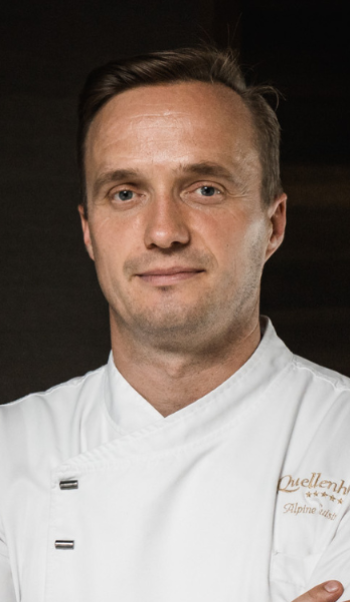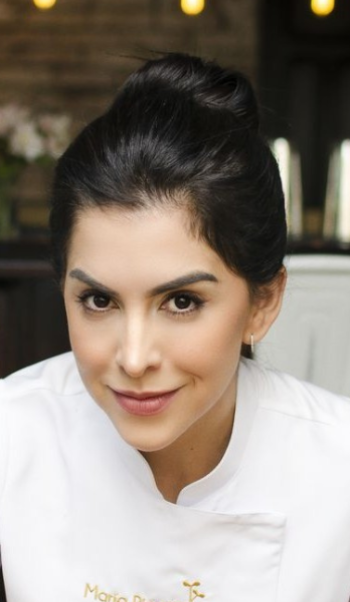Ferran Adrià, with his Three-starred "elBulli" named Best Restaurant in the World on the 50 Best Restaurant list five times, is an undisputed genius of contemporary cuisine. After closing the restaurant in 2011, he now focuses on creating gastronomic information spaces for future generations with the elBulli 1846 museum and Bullipedia, an editorial collection of his knowledge.
Ferran Adrià Acosta was born on May 14, 1962, in the Santa Eulalia neighborhood in L'Hospitalet de Llobregat, near Barcelona, to a humble family. His father was a decorator, and his mother was a homemaker. He had no interest in cooking, preferring football, until he interrupted his administration studies at the age of seventeen to work as an assistant at the "Playafels" hotel restaurant in Castelldefels, to earn money for holidays in Ibiza. Here, the family friend and chef Miguel Moy made him memorize over 600 recipes from the Practico, a sacred text of Spanish cuisine. He continued working on the island, at the "Cala Leña" club, and in Barcelona, where he gained more experience in the restaurant industry. "I learned what had to be done and, above all, what shouldn't be done."
After completing his military service in the officer's mess in Cartagena, he became the personal cook for General Angel Liberal Lucini. His fellow soldier Fermi Puig advised him to do an internship with Jean Paul Vinay at "elBulli," a restaurant overlooking Cala Montjoi that already held Two MICHELIN Stars. The experience changed his life: he finally discovered fine dining and nouvelle cuisine. The enthusiasm was so great that the restaurant's director, Juli Soler, offered him a spot on the team, right after his discharge. Fate intervened when, after eight months, the chef packed his bags, and the insightful Soler suggested that the newcomer share responsibilities with another chef, Christian Lutaud.
Adrià threw himself wholeheartedly into the endeavor: he read countless cookbooks, visited the best restaurants in the world, and attended internships with grand masters, often working nineteen hours a day. He met Jacques Maximin among others, who struck him with a definitive maxim: "Creativity is not copying," convincing him to put aside the books and seek new paths. After three years, in 1987, Lutaud decided to move on, leaving Adrià in sole command.
The cuisine went through various periods, much like Picasso's art: first came a Mediterranean phase, followed by Oriental influences, and eventually, an explosion of total creativity. Countless innovations came from the mind of someone who did everything, the opposite of everything, and the opposite of the opposite of everything, yet always for the first time. It was at "elBulli" that the idea of a different tasting menu every year was born, following the fashion collection model. To maintain high creative voltage, research was organized in a separate kitchen with a dedicated team, active during the restaurant's closure months. Novelties could come from any angle: osmosis with the food industry, where additives were experimented with to develop new textures and sensations; science (despite Adrià rejecting the label of "molecular"), contributing to explaining transformation processes; the forms and procedures of the "greater arts," such as the use of chance to break free from repetition and imitation; a plethora of techniques now present in every kitchen, from using a siphon for foams to spherification. A simple jelly could be prepared in twenty different ways. It wasn't a cerebral cuisine, seeking neo-baroque surprises; yet, it could be conceptual in exposing its own mechanisms. Adrià spoke of "deconstruction" when referring to dissected and reassembled traditional recipes, their DNA unchanged; the effect was estrangement, as gustatory provocation advanced. Everything could connect with everything else, like a giant rhizome.
In 1997, the third MICHELIN Star was awarded, prizes poured in, and in 2004, Ferran was named by The Times in the global list of the 100 most influential men. The world went wild for what had become a temple of avant-garde cuisine, with two million people each year vying for one of the fifty seats, waiting to dine. Being named the Best Restaurant in the World in 2002, 2006, 2007, 2008, and 2009 on the 50 Best Restaurants list, "elBulli" nevertheless closed its doors in 2011: the final service was held on July 30th. Adrià explained that creating at that pace had become increasingly challenging. "Our mission was to advance the gastronomic experience. But by 2008, it was clear we had reached our limit. We could have made slight progress each year, but we knew we couldn't go much further, having served menus with 44 courses. So, we chose to move forward, and it was the right decision. Otherwise, we would have burnt out and started making mistakes. It would have been frustrating."
Several books remain from the unforgettable season: "El Bulli 1983-1993" (with Juli Soler and Albert Adrià), "El Bulli: el sabor del Mediterráneo," "Los secretos de El Bulli," "El Bulli 1994-1997" (with Juli Soler and Albert Adrià), "Cocinar en 10 minutos con Ferran Adrià," "Celebrar el milenio con Arzak y Adrià" (with Juan Mari Arzak), "El Bulli 1998-2002," "El Bulli 2003-2004," "El Bulli 2005," "Un dia en El Bulli," and "FOOD for thought THOUGHT for food."
Since 2010, he has collaborated as a visiting professor at Harvard University and holds honorary doctorates from various universities worldwide. He initiated the ElBulli Foundation, with the goal of promoting innovation and creativity through cuisine. It consists of three main pillars: the first is elBulli 1846, headquartered in the old restaurant turned museum, elBulli ADN, and finally, Bullipedia, a significant editorial work aiming to encompass and codify the vast knowledge of global gastronomy for the first time.
Ferran Adrià was the game changer of contemporary cuisine, through a barrage of innovations, a furious creative paradigm that eventually ran its course, making room for future generations and creating gastronomic information spaces for generations to come.
Cover Photo: @EduBayer
